Verizon, AT&T agree to limit the use of their C-band 5G airwaves near airports

According to NPR, due to fears over possible interference with cockpit instruments inside aircraft, Verizon and AT&T agreed today to hold off on deploying certain mid-band 5G radios in order to prevent chaos and disruptions with the U.S. commercial airline system. There are concerns that the C-band frequencies that AT&T and Verizon spent a combined $68 billion on can mess with altimeters used by some commercial aircraft.
The altimeter is an important instrument that pilots rely on when landing during inclement weather since it shows how far above the ground a plane is. But the FAA just said the other day that airplanes making up 45% of the commercial fleet in the U.S. (manufactured by Airbus and Boeing and equipped with one of two different brands of altimeters) were safe to fly in areas where 5G signals will be used.
Why is an airplane's altimeter so important?
The FAA has warned airlines that it will prohibit aircraft from landing at certain airports during bad weather conditions when the altimeter is counted on to provide accurate data. The airlines have written to the FAA, FCC, the Transportation Department, and President Joe Biden. The airlines say that older altimeters won't work during periods of low visibility, and add that had the carriers turned on their 5G service near airports at midnight tonight as planned, there could have been "catastrophic" flight delays and cancellations.
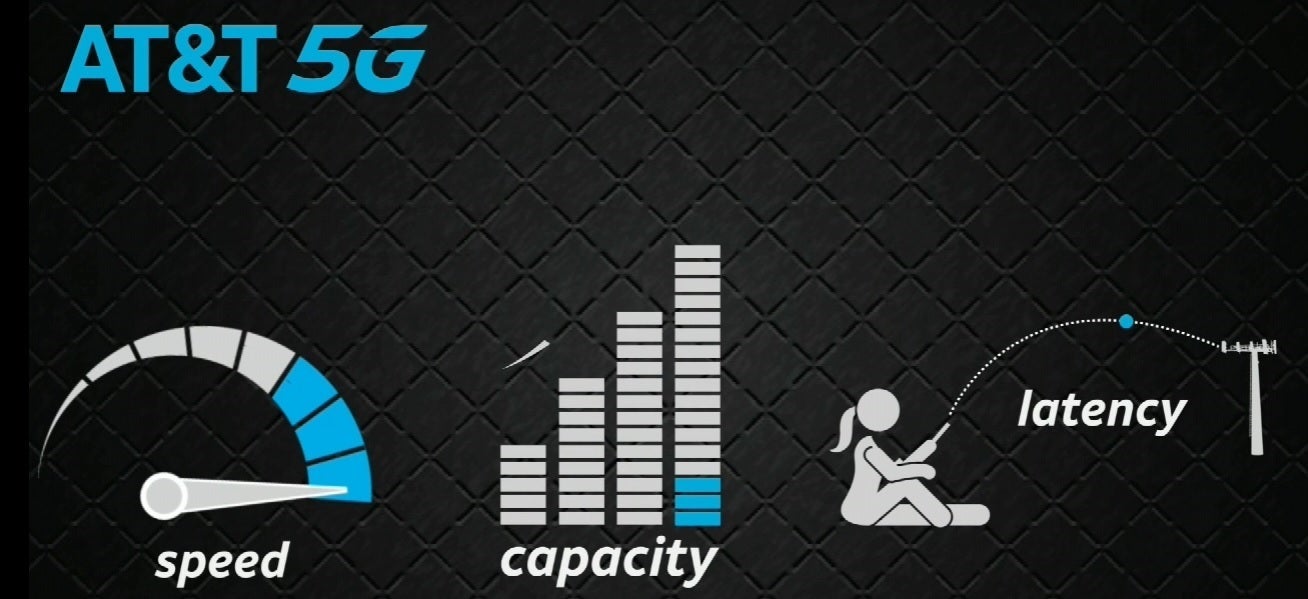
AT&T infograph shows the advantages of 5G
Verizon and AT&T have had to hold off on the launch of their C-band 5G signals twice with delays taking place in December and the beginning of this month. Joe DePete, head of the Air Line Pilots Association (ALPA), says that "The radio altimeters on our aircraft determine not only the height above the ground, in real terms, above the terrain as we come in for a landing or we're taking off." He also notes that the altimeters are "tied to many other systems in our aircraft."
The nation's third largest carrier, AT&T, said that "we have voluntarily agreed to temporarily defer turning on a limited number of towers around certain airport runways as we continue to work with the aviation industry and the FAA to provide further information about our 5G deployment, since they have not utilized the two years they've had to responsibly plan for this deployment."
Ted Rappaport, an electrical engineering professor at NYU and director of the research center NYU Wireless, explains why 5G is so important to consumers and wireless providers. "5G is so much faster in terms of data rate, in terms of capability, in terms of radio spectrum," Rappaport says. "It basically brings a fiber optic cable wirelessly to the pocket of every human, so 5G truly is revolutionary."
AT&T and Verizon say that their 5G signals will not interfere with airplane altimeters and point out that the technology is safely used in 40 other countries. Still, both carriers agreed today to delay turning on their C-band 5G signals around some airports although they wouldn't state which ones and for how long they would keep the switches off.
Former FAA Administrator refutes AT&T's statement
AT&T released a statement on Tuesday that said, "We are frustrated by the FAA's inability to do what nearly 40 countries have done, which is to safely deploy 5G technology without disrupting aviation services, and we urge it to do so in a timely manner. However, former FAA Administrator Michael Huerta says that in the aforementioned 40 countries where 5G safely co-exists near airports, the 5G towers are either shut off or are running at low power with the transmitters pointed toward the ground.
Despite the delayed launch of C-band 5G around some airports, in a statement issued on Tuesday President Biden said, "This agreement will avoid potentially devastating disruptions to passenger travel, cargo operations, and our economic recovery while allowing more than 90 percent of wireless tower deployment to occur as scheduled. The president added, "Expanding 5G and promoting competition in internet service are critical priorities of mine, and tomorrow will be a massive step in the right direction."

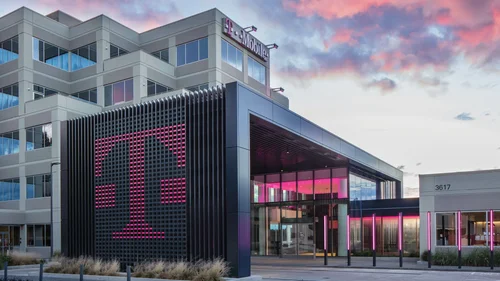
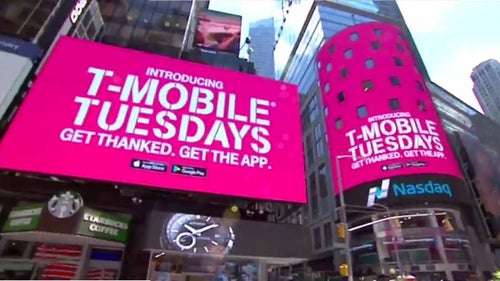
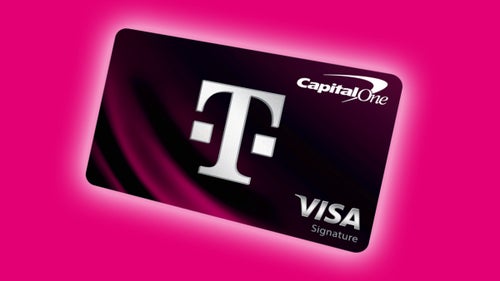
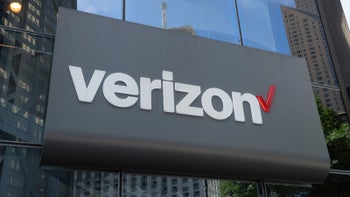
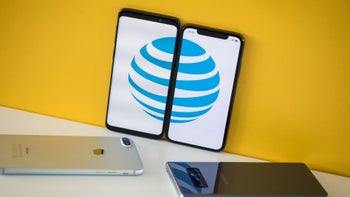

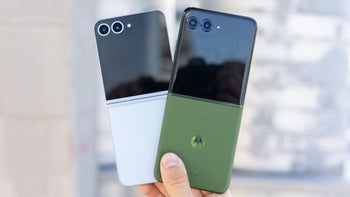


Things that are NOT allowed: